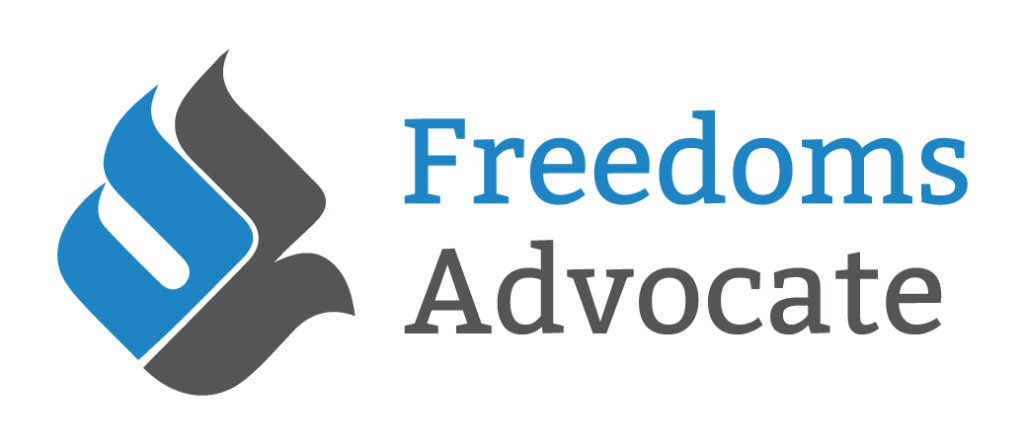 Freedoms Advocate announces that legal action has been commenced against the University of Saskatchewan by a former student who faced allegations of non-academic misconduct following his publication of an open letter to his peers, which encouraged open discussions regarding race and racism. This incident occurred amidst a broader debate concerning the university’s policy on providing exam accommodations for students who self-identify as Indigenous.
Freedoms Advocate announces that legal action has been commenced against the University of Saskatchewan by a former student who faced allegations of non-academic misconduct following his publication of an open letter to his peers, which encouraged open discussions regarding race and racism. This incident occurred amidst a broader debate concerning the university’s policy on providing exam accommodations for students who self-identify as Indigenous.
Mr. Haggstrom’s court application for a hearing was filed on April 25, 2025 and the first scheduling hearing is set for May 27, 2025.
Tim Haggstrom is now a lawyer, but in his last year of law school, on March 7, 2022, he read his open letter to classmates (excluding the footnotes). He later posted his speech to a facebook page.
A complaint was filed against him which alleged that Mr. Haggstrom’s speech was one of “numerous attempts to spread hate throughout the College” and that his views were allegedly “racist” and “unsettling.”
Mr. Haggstrom’s open letter stated he had observed tension on campus relating to the topics of race and racism and that students from both sides of the conflict had reported not being heard and not feeling safe.
Mr. Haggstrom suggested that disagreements were likely not going to go away and acknowledged that race and racism were “sensitive topics,” suggesting the solution was open conversation about controversial topics. Mr. Haggstrom asserts that none of his comments were racist and that, in fact, his letter maintained a neutral position encouraging debate.
The University decided to require Mr. Haggstrom to make a public apology and a statement of regret and accused him of non-academic misconduct.
Mr. Haggstrom did not agree and appealed the University’s decision within the university’s process. His appeal within the university was denied.
As the University has remained immovable in maintaining their position that Mr. Haggstrom is guilty of non-academic misconduct, Mr. Haggstrom has now proceeded to the next stage of legal proceedings by requesting a judicial review and bringing a constitutional challenge in court.
His case alleges, among other things, that the University’s harassment policy is unconstitutional and that the decisions against him violated his Charter rights, including freedom of conscience and freedom of expression and belief.
Mr. Haggstrom says he “shared a letter inviting sincere and open dialogue in an instance of disagreement.”
“I continue to believe that was the better path, and I am glad I spoke up about it. This legal case raises important questions about exposing oneself to diverse viewpoints, following one’s conscience, and expressing minority perspectives to others. It is about the university experience and what it means to live in a free and democratic society,” added Mr. Haggstrom.

